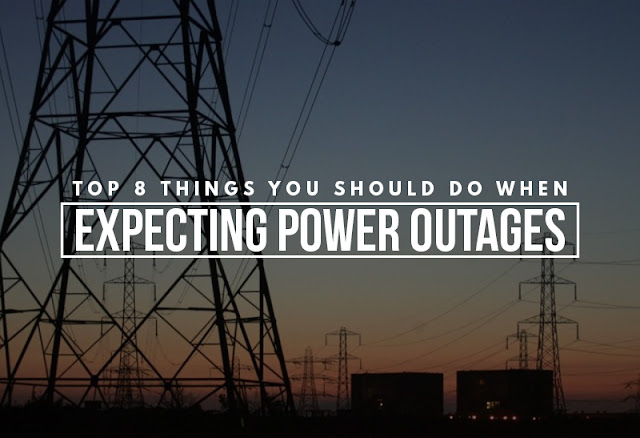Top 9 Cooking Tips To Help You Save Energy Effectively

Cooking at home can’t be helped especially if you particularly love to cook your own food and you have a big family to feed. However, this doesn’t have to mean huge electric bills. Here are some tips for you to enjoy your time in the kitchen without worrying about the bills at the end of the month. 1. Match Your Pot Size To The Coil Size Using a small pot on a large coil means wasting 30%-40% of electricity, plus putting a lot of extra heat in the house which makes your AC unit work extra harder to keep the house cool. 2. Use The Right Appliance If you’re only cooking one little potato, using your oven for that would be generating too much energy. So always cook with the device that is most suited for what you’re cooking and how much you’re cooking. 3. Check Your Reflectors You probably think that those metals “drip trays” underneath your stove are only there to catch spillovers from whatever you’re cooking. However, that’s not all they do. The


